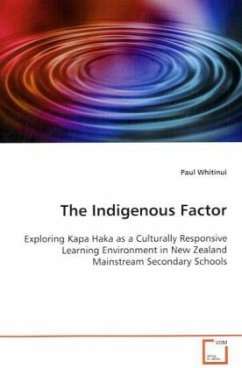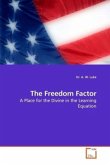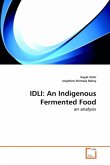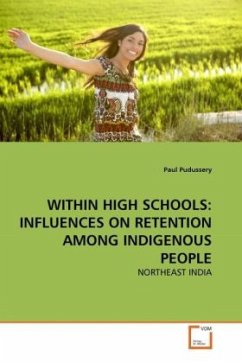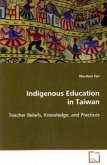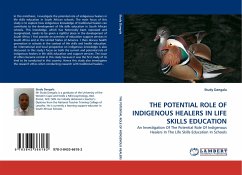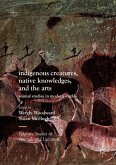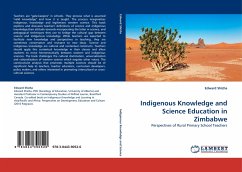Kapa haka (Maori dance group)is a cultural phenomenon
unique to Aotearoa New Zealand. Part of what makes
this performing art so unique is how it engages
individuals to express themselves in a very powerful,
creative and dynamic manner. In contrast, however,
investigating the educational benefits associated
with Maori students participating in kapa haka in New
Zealand mainstream secondary schools, remains
relatively unexplored. As a way of seeking to
understand this cultural phenomenon, 20 Maori kapa
haka students and 27 teachers were invited to share
their experiences and perceptions about kapa haka and
in particular, to consider how kapa haka engages
Maori students to learn. As a result, the study
revealed quite emphatically that not only does kapa
haka provide M ori students with a culturally
appropriate and responsive learning experience but
that they also, feel more optimistic and confidence
about attending school. Based on the implications of
the findings, a culturally responsive learning
strategy is highlighted to enable mainstream
secondary schools and teachers to better evaluate
their own teaching and learning approaches when
working with Maori students in these settings.
unique to Aotearoa New Zealand. Part of what makes
this performing art so unique is how it engages
individuals to express themselves in a very powerful,
creative and dynamic manner. In contrast, however,
investigating the educational benefits associated
with Maori students participating in kapa haka in New
Zealand mainstream secondary schools, remains
relatively unexplored. As a way of seeking to
understand this cultural phenomenon, 20 Maori kapa
haka students and 27 teachers were invited to share
their experiences and perceptions about kapa haka and
in particular, to consider how kapa haka engages
Maori students to learn. As a result, the study
revealed quite emphatically that not only does kapa
haka provide M ori students with a culturally
appropriate and responsive learning experience but
that they also, feel more optimistic and confidence
about attending school. Based on the implications of
the findings, a culturally responsive learning
strategy is highlighted to enable mainstream
secondary schools and teachers to better evaluate
their own teaching and learning approaches when
working with Maori students in these settings.

